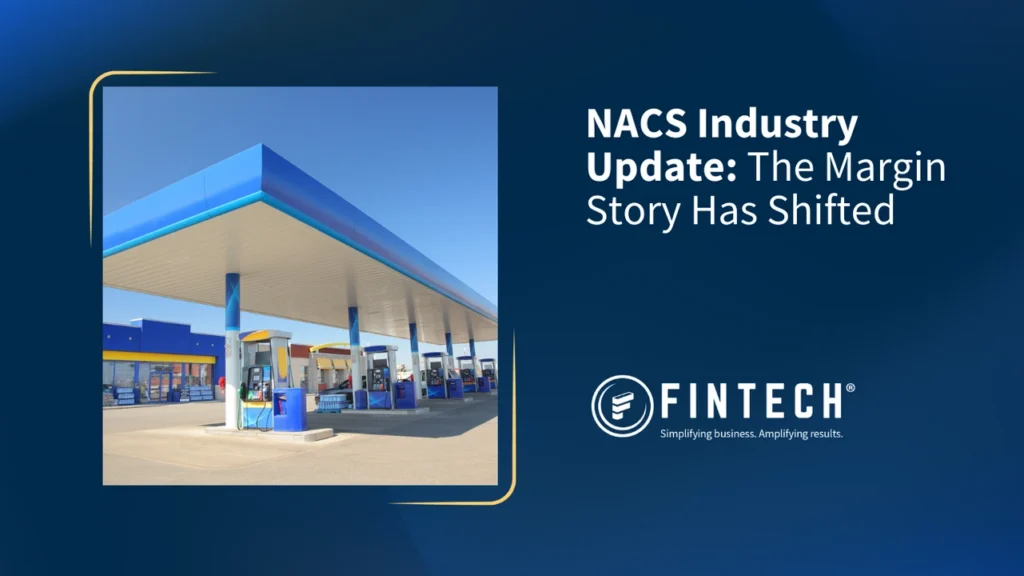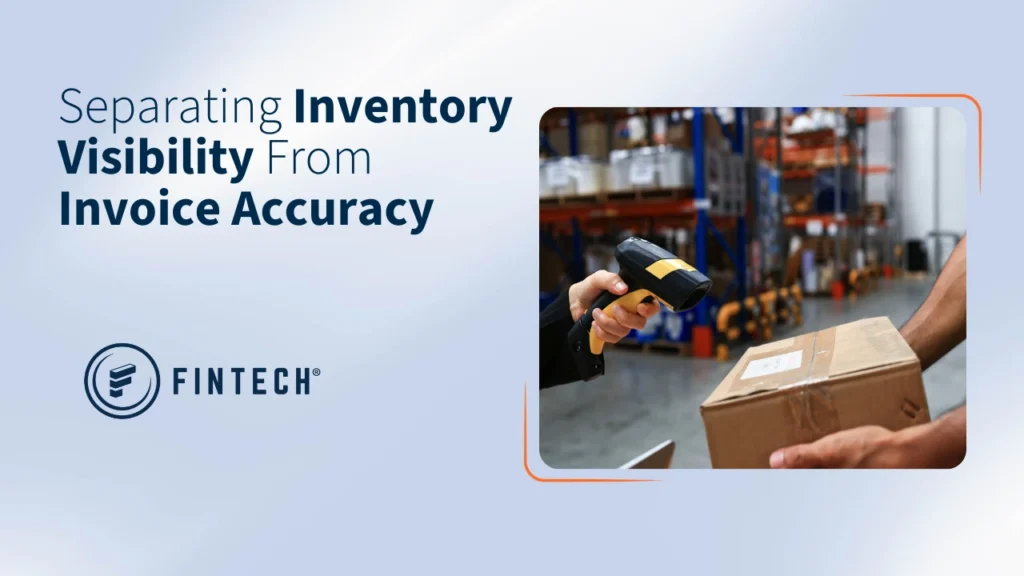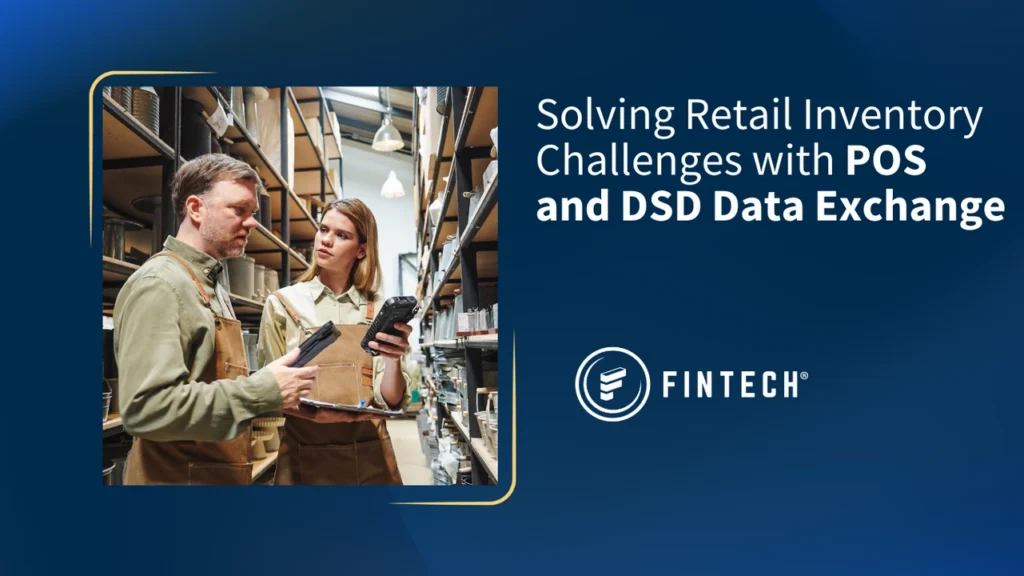If you didn’t read our first MI Administrative Order blog, this one will discuss how both alcohol distributors and the retailers they deliver too benefit from this new state order.
The buzz around Michigan has been all about a new order implemented by the Michigan Liquor Control Commission. In this blog, we’ll explore who the MLCC is and the logic behind why Administrative Order NO. 2023-01 Payment For Beer, Wine and Mixed Spirit Drink By Electronic Funds Transfer (EFT) is a step in the right direction for all parties involved.
Why is There a Michigan Liquor Control Commission (MLCC) and What Do They Do?
The Michigan Liquor Control Commission (MLCC) was created by the Michigan Legislature in 1933 following the repeal of Prohibition. The purpose of the MLCC is to regulate the sale and distribution of alcoholic beverages in the state of Michigan. The MLCC has several important responsibilities, including:
- Licensing businesses that wish to sell alcoholic beverages in Michigan, bars, restaurants, and retail stores.
- Regulating the sale and distribution of alcoholic beverages in Michigan, including underage drinking, over-serving, and illegal sales.
- Revenue Collection of taxes on the sale of alcoholic beverages.
- Educating and training businesses and individuals in the alcoholic beverage industry to ensure compliance with state laws and regulations.
Why Did the MLCC Order an EFT Mandate for Alcohol Sales?
In their email communication, they didn’t clearly state why they are implementing this and only highlighted the benefits of safety and security for retailer licensees and wholesaler delivery personnel. A potential business reason could be to collect tax dollars more efficiently using EFT compared to traditional forms of payment.
How EFT Payments Benefit Both Alcohol Retailers and Distributors
Accounting Accuracy
One of the biggest advantages of EFT is improved accuracy and efficiency. EFT eliminates manual payment processing and reduces the risk of human error, resulting in faster, more accurate payment processing. Retailers can track their payments easily and avoid errors, saving time and resources.
Safety and Security
Safety and security are two of the biggest components for mandating EFT payments to keep drivers safe. For starters, drivers are safer because they don’t have to carry large amounts of cash or checks throughout their delivery route. Secondly, EFT pay is also securely transmitted and encrypted over the internet, greatly reducing the risk of fraud and data theft. This added security protects not only the retailer but also the state. Unlike physical cash or checks, EFT payment cannot be damaged, lost, or stolen, providing peace of mind for all parties involved. The secure and reliable nature of EFT payments makes them a superior option for alcohol deliveries.
Automation
Another benefit of EFT is increased flexibility. Retailers can set up automatic payments, reducing the need for manual intervention and allowing for more efficient payment processing. Additionally, EFT payments can be made from anywhere, at any time, reducing the need for time-consuming trips to the bank.
In conclusion, EFT payment provides liquor retailers with a more efficient, secure, and flexible solution for purchasing alcohol under-regulated state orders. By using EFT, retailers can streamline their payment process, reduce errors, and increase security, increasing productivity and profitability.






